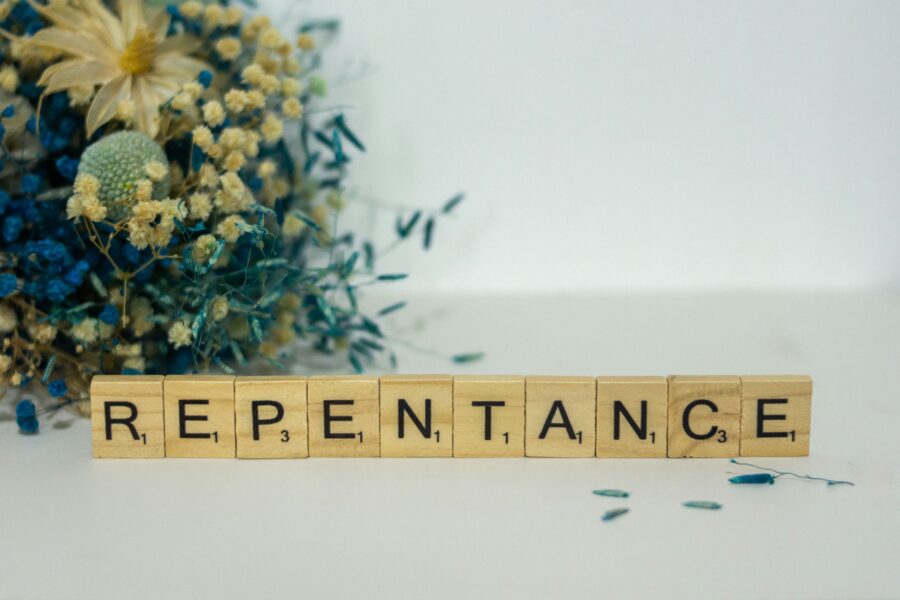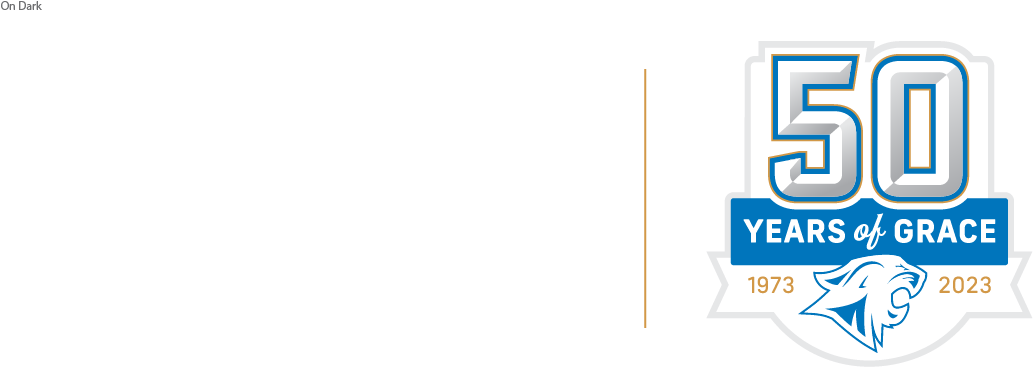Jay Blogs – Season of Repentance

As you probably know, yesterday was both Valentine’s Day and Ash Wednesday, the first day of Lent. One of my wry friends wondered whether he should smear chocolate instead of ashes on his wife’s forehead as a mashup to commemorate the two events. For his sake, I’m hoping he didn’t actually attempt it.
When I was a young, Episcopalian child I had no real appreciation for Lent. It was a season where we were supposed to give things up, and I had no real interest in denying myself anything. Over the years, however, I’ve come to appreciate the season of preparation before Easter as a time of focus, reflection, and repentance.
This year I’ve been writing about the many ways that our enemy lies to us, leading us into false narratives about the good life, success, and contentment, lies that we often adopt to our great hurt. Yesterday morning in my Lenten devotional, I was reading a passage by American theologian Walter rueggemann, in which he commented that “I believe the crisis in the U.S. church has almost nothing to do with being liberal or conservative; it has everything to do with giving up on the faith and discipline of our Christian baptism and settling for a common, generic U.S. identity that is part patriotism, part consumerism, part violence, and part affluence.”
I found this Brueggemann’s observation both provocative and insightful. After all, the greatest danger to American Christianity has always been emphasizing the adjective over the noun. And, when we do, we tend to settle for a narrative that may be in some senses good, yet in many senses a distortion of what Christ promises as our true identity, and our true hope.
Embracing aspects of this “generic U.S. identity” are temptations for us, aren’t they? While it’s a good thing to love one’s country and people, when country becomes cult, we’ve crossed a Rubicon from which it’s difficult to return. In an article in The Atlantic entitled “America Without God,” the author notes that as religious faith has declined in America, ideological intensity has risen. The fervor of debate once reserved for theological disputes has now been transferred to politics. While few in other countries accuse each other of being “un-Swedish,” or “lacking Belgianness,” being “un-American” is a common slur akin to heresy. America is an “almost religion,” the author notes, with its own origin myths, its own creeds, and its own “scripture”- the Declaration of Independence, the Constitution, and the Federalist Papers. Without Christianity to hold Americans together with a common culture, politics has become religion, and political factions threaten to create deep rifts once observed in the religious wars of Europe.
At the same time, the myth of consumerism as the great end of life has always had a hold on us, hasn’t it? Even among Christians, it’s difficult to drive back the narrative of defining the best for our children as getting good grades or good opportunities, so they can get into a good college, so they can get a good job, so they can make lots of money, so they can buy lots of stuff, so they can be happy. Yet, while we say with our lips we know that to be true, that money can’t buy happiness, we are inevitably drawn to that next thing we don’t have from Amazon, or the social media ad, or our latest “retail therapy” outing, numbing the pain
for just an instant with the temporary buzz from owning something new.
Have you thought about how many millions of dollars American schools, public, private, and Christian, spend on both active and passive measures of security every year? And, that this is an expenditure that is practically non-existent in most other nations? As an educator, I ruminate all the time about what we could all do with those funds if we could actually put them to use educating kids. But, we can’t, and it wouldn’t be wise to do so, because we live in a violent culture, where we tend to solve our problems and grievances, and alleviate our pain by hurting those around us.
I’m a true son of the South. I love this part of the country and its people. My family moved to Tyler from Clark County, Alabama before the American Civil War. My tradition is rich here. Southern tradition is full of love, family, and faith, but it’s also an honor culture with a violent past, and, in many cases, present. Violence is a part of who we are.
I attended a leadership conference the other day where the speaker was sharing that gratitude stands in the gap between our expectations and our reality. When we don’t feel entitled, or our expectations are lower, and reality gives us gifts, we feel gratitude. When our expectations are raised and we feel we’re owed something, the gap shrinks and we feel less grateful.
This is the danger of living in an affluent culture. In our past, when all we lived around and knew were people like us, it was easier to be grateful for what we had. Now, even though we are on the whole more affluent and the quality of life here is greater than it has ever been in American history, media portrayals of how the really wealthy live (i.e., those who have more than I do), create entitlement and expectations that I should have those things, too. This shrinks the gap between expectation and reality, so that, even though I have more, I feel like I have less, and I’m ungrateful and disaffected.
The beauty of Lent is that it reminds us of a God of grace, but a God who makes demands of us. This is a God who cries out to us to “seek,” “call,” “forsake,” and, my favorite word, “repent”. “Repent” means to turn back, to reject these destructive narratives that not only threaten my happiness and my sense of well-being, but which are cancerous to my very identity and soul.
The gospel truth is that my Father actively seeks me out in the garden of distortion and disbelief, calling out to me, “Where are you?” to forsake these generic myths of who I am, and embrace the real identity he has laid out for me in precious blood. He calls me to return to my real home, recognizing that my native Kingdom is Heaven. He offers me all the riches to which an heir to that Kingdom is entitled, riches that may not bring an immediate buzz but which never fade or cease to satisfy. He offers me courage and peace to face my greatest fear, with love that drives away violence, disarming and healing. And, he brings me
a realistic sense of who I am and who he is, what I deserve and what he’s done for me, a deep understanding of which brings gratefulness, which is the gateway to transformation and truth.
Lent is a fantastic season to remember what I once was and sometimes still fool myself into believing is true, and to rejoice as I recall what I now am and one day will be. Brueggemann sees Lent as the great departure from lies, and the great calling to repentance:
I imagine Lent for you and for me as a great departure from the greedy, anxious antineighborliness of our economy, a great departure from our exclusionary politics that fears the other, a great departure from self- indulgent consumerism that devours creation. And then an arrival in a new neighborhood, because it is a gift to be simple, it is a gift to be free; it is a gift to come down to where we ought to be.
